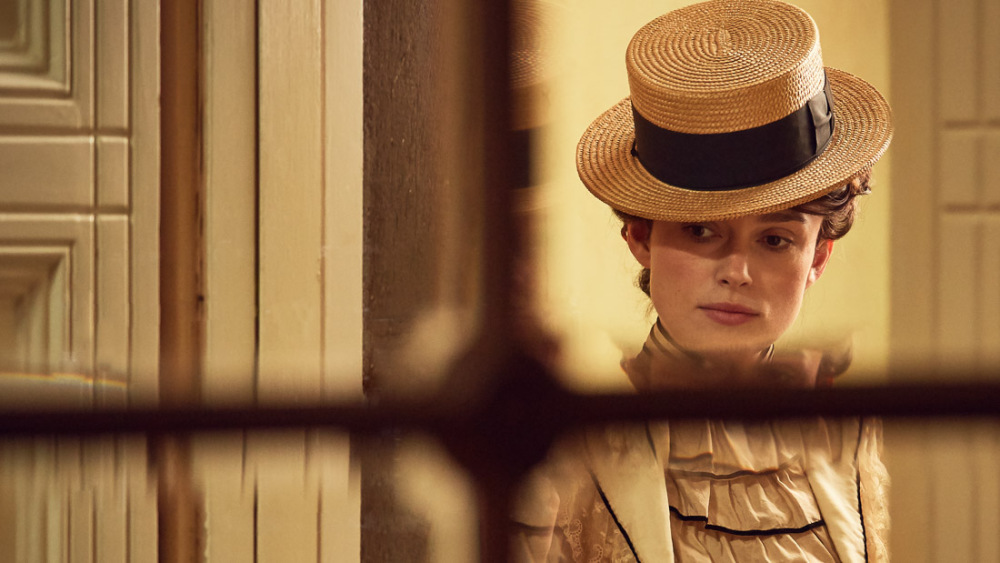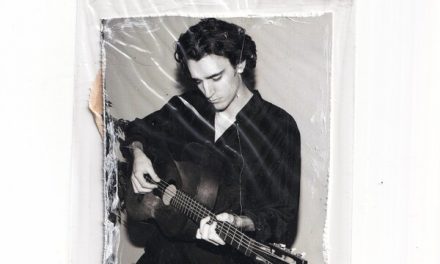Wash Westmoreland’s “Colette” is a carriage ride into the life of one of Europe’s most famous, and most innovative authors. Aside from the graceful, yet powerful evolution of a timid country-girl into the historic French novelist and actress Sidonie-Gabrielle Colette, the movie’s portrayal of the upper echelons of the Third Republic of France is as romantic as Paris itself.
The cinematics and orchestra in the film roar as the beautiful youth Colette (Keira Knightley) is romanced by the eloquent, yet rakish, author and publisher Henry Gauthier-Villars (Dominic West), publicly known as Willy. Knightley and West, through an agonizing push and pull, flawlessly portray how a naively enthusiastic relationship turns toxic.
The story begins with the newly-wed couple enjoying life together in the lavish salons of a French metropolis. Yet from the very start, a seed of impending doom is planted, with an uncomfortable discrepancy between the reserved, plain Colette and the grandiose aristocrats that condescendingly lounge about ballrooms. Gradually, the veneer of opulence that once coated the union between Willy and Gabrielle flakes away as Willy is revealed to be on the verge of bankruptcy, which oddly does not stop him from spending exorbitant amounts of money on prostitutes. However, just when the marriage is about to implode, Willy discovers Colette’s talent for writing. Her newfound talent enables Willy to recover his fortune by publishing his wife’s stories under his name, creating a popular culture titan in the character of “Claudine,” allowing him to inject a touch of vivacity into an anemic marriage.
However, the film is not merely a portrayal of operatic romance and leisurely strolls through the parlors of Parisian high society. Instead, it’s a biography of the most avant-garde author in French history. In late 19th century, European society, not only is Colette a woman selling novels left and right, but she also reveals herself to be a lesbian, a proclamation which, at the time, was practically fatal. The movie leaves the audience hungry for the emotions and turmoil behind Colette’s liberation.
While the film captures Colette’s progression into authorhood and theatre, it fails to depict the internal battles Colette must have fought to achieve self-realization. Furthermore, if this is to be an empowering film that represents the identity struggles suffered by women or the LGBQT+ community, it would seem natural for Colette to encounter resistance on her path to self-discovery. However, she unrealistically meets little to no opposition to her abrupt transition amid what was an intensely patriarchal and homophobic society. Her husband and those around her even support her sexuality. Of course, having the support of loved ones while coming out is ideal in any era; but even people in the (much more tolerant) 21st century battle surmounting scrutiny and oppression when expressing their true selves. Can Colette’s relative cake walk inspire or truly resonate with people who struggle with their identities?
While obsessing over romantic acrobatics, “Colette” fails to convey the emotional development of its protagonist’s journey to the realization and proclamation of her identity. Despite this lack of depth, the audience relishes the fancy ballroom scenes, the steamy romance and the impeccable acting. With its grand orchestral soundtrack and dramatic camerawork, “Colette” becomes a dreamy trip into Paris at its prime.





